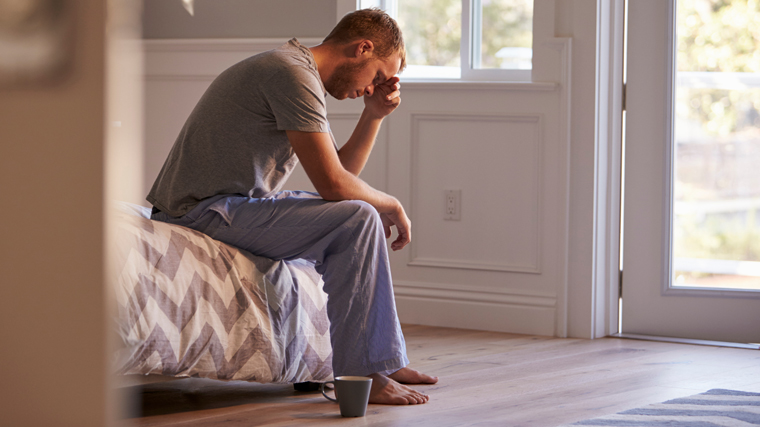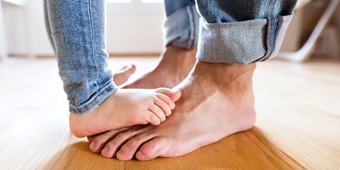Low Testosterone Can Cause Physical And Mental Effects

Find Your Perfect Match
Answer a few questions and we'll provide you with a list of primary care providers that best fit your needs.
It’s nearly impossible to watch a sports program on TV without seeing commercials telling men low testosterone may be the reason they’re feeling tired or run down. But what is low testosterone? And how do you know if your testosterone levels are low?
Testosterone is the main male sex hormone, which helps your body create and maintain adult male features.
As you get older, you produce less testosterone. If your testosterone levels are low, your sex drive, physical features, and mood all can be affected. According to the National Institutes of Health (NIH), about five million American men are affected by low testosterone.
Low testosterone is called andropause. Think of it as menopause in women — only testosterone levels decrease much more gradually than estrogen levels do in women.
Low Testosterone Symptoms
Because its symptoms are similar to those of other health conditions, you may not know you have it. And if you do have undiagnosed or untreated low testosterone, you may develop other health problems. Symptoms include:
- Decreased sex drive
- Impotence or erectile dysfunction
- Lowered sperm count
- Increased breast size
- Hot flashes
- Lack of energy
- Being more irritable than usual
- Inability to concentrate
- Depression
Extremely low testosterone may cause health problems such as:
- Loss of muscle mass
- Osteoporosis. This is a loss of bone density and strength that makes bones prone to breaking. It is considered secondary osteoporosis when bone mass loss is caused by medicine, lifestyle behavior, or disease.
- Insulin resistance. Men with diabetes are more likely to have low testosterone and more often have insulin resistance (when you need to produce more insulin to keep blood sugar normal).
Causes Of Low Testosterone
Low testosterone has many causes, such as:
- Aging. Lower testosterone levels are one of the natural consequences of getting older.
- Trauma. For instance, injury to the testicles, cancer surgery, or radiation around the groin.
- Certain medicines
- Long-term medical conditions. These include obesity, kidney disease, and liver disease.
- Pituitary gland or hypothalamus problems
In addition, you can be born with low testosterone.
How To Treat Low Testosterone
The most common treatment is testosterone replacement therapy (TRT), which can be prescribed by your physician. The therapy, which uses man-made hormones, is available as a gel, patch, or injection.
TRT may not help you if your low testosterone is caused by advanced age, and it’s not an option if you have certain health conditions, such as prostate or breast cancer. Also be aware that some studies have shown that TRT may increase your risk of heart disease.
Your doctor will guide you in determining whether TRT is the right course of treatment for you.
Diet can also help you raise your testosterone level. Foods with zinc and vitamin D can help balance your hormones and produce more testosterone. Meat, poultry, seafood, and shellfish contain zinc. And beans, nuts, and whole grains are good sources for vitamin D. Eating less sugar and saturated fat can also help. Again, talk with your doctor for recommendations.
Find Your Perfect Match
Answer a few questions and we'll provide you with a list of primary care providers that best fit your needs.
Source: National Institutes of Health; American Diabetes Association; Urology Care Foundation; American Academy of Family Physicians (FamilyDoctor.org)




